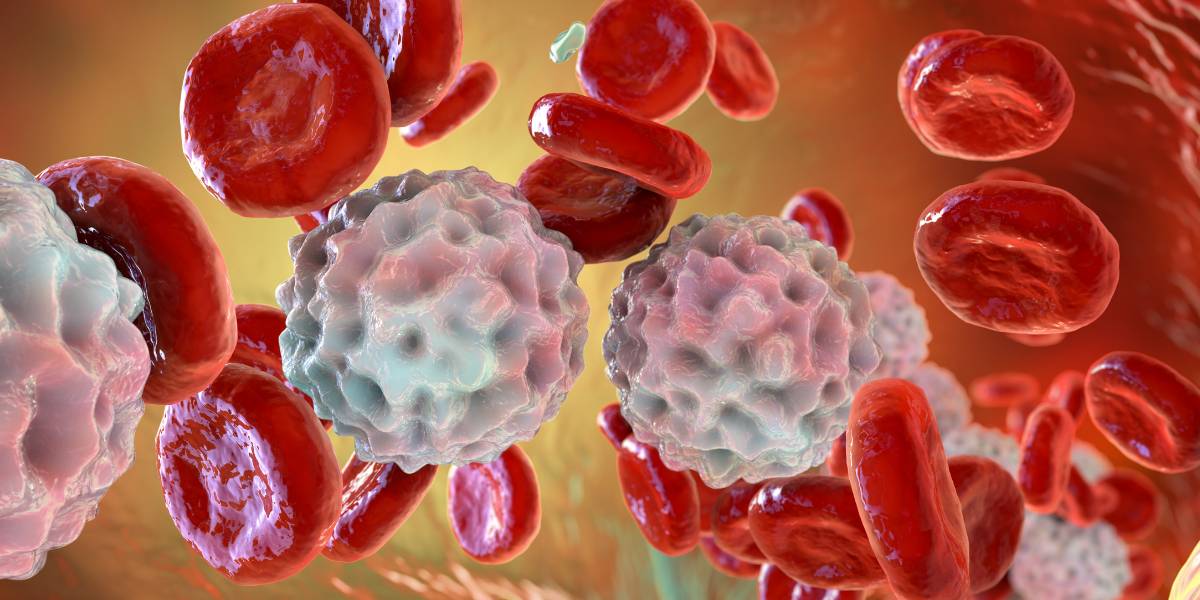Whilst most, if not all, of us will experience some degree of memory loss from time to time, if lapses in memory become common, severe or begin to cause difficulties in day to day life, it’s important to find out why.
In this guide we look at some of the factors that can be commonly associated with memory loss specifically in people with diabetes.
Causes of memory loss
Memory loss can be brought on by a number of factors associated with diabetes, including:
- Low blood glucose levels (hypoglycemia)
- Persistent high blood glucose levels (hyperglycemia)
- Dementia and Alzheimer’s disease
- Stroke
- Anxiety, stress and depression
- Poor sleep
- Statins
Note that these factors can vary widely in terms of their effects with some factors only linked with temporary memory problems whereas others may lead to lengthy or even permanent memory trouble.
The following part of this guide will look into each of these factors in more detail in terms of how they affect memory and how memory problems can be minimised or prevented.
Low blood sugar (hypoyglycemia)
One of the ways in which low blood sugar can affect the body is that it can lead to temporary impairment in memory. In most cases, memory should improve back to normal soon after your levels return to normal.
A 2007 study, of 1,144 patients with type 1 diabetes, that reviewed hypoglycemia as a potential factor in cognitive decline (including memory loss) found no evidence of a link between episodes of severe hypoglycemia and substantial long-term decline in cognitive function.
Whilst the study found no link, it is important to note that hypoglycemia, and particularly severe hypoglycemia, should be minimised where possible to reduce the risks of other health problems such as heart disease. [182]
High blood sugar (hyperglycemia)
By contrast to the effects of low blood sugar, high blood sugar has been linked with longer term effects on memory.
A 2012 study showed that higher HbA1c levels in elderly adults to be linked with a decline in cognitive function (including memory) over a nine-year period compared to those with lower HbA1c levels
High blood glucose levels over a number of years is linked with reduced size of the hippocampus; an important part of the brain that is responsible for memory.
The message is therefore that keeping blood glucose levels well controlled is likely to reduce the risk of memory problems in the longer term. [183]
Dementia and Alzheimer’s disease
Memory impairment is one of the key signs of Alzheimer’s disease and other forms of dementia. As noted by Alzheimer’s Disease International, there are particularly strong links between dementia and type 2 diabetes.
High blood pressure (hypertension) and dyslipidemia (high total cholesterol) in midlife are also linked with pronounced increase in risk of dementia.
The lifestyle changes suggested for treating type 2 diabetes, such as regular exercise, having a balanced diet and aiming to lose weight if overweight, are recommended by the NHS to reduce the risk of dementia. [184]
Stroke
Memory loss can occur following stroke and the best way to reduce the risk of memory loss is to take steps to reduce the likelihood of stroke occurring or repeating.
As with dementia, the same lifestyle changes are also suggested for reducing the risk of stroke.
Anxiety, stress and depression
Anxiety, stress and depression are frequently linked with difficulties with memory in the short-term, with memory improving again once a period of stress, anxiety or depression is over.
If you have depression or are going through long periods of anxiety or stress, speak to your doctor. There are number of effective treatments available aside from medication, which include talking therapies and mindfulness
Poor sleep
Having poor sleep may lead to memory and cognitive (brain) problems the next day. The effect may become worse if you are going through a period in which you are consistently getting too little sleep or interrupted sleep. Having too low or very high blood sugar overnight can also reduce quality of sleep.
There are a number of things you can try to get a better night’s sleep. If you continue to have problems sleeping , speak to your doctor about it.
Statins
Statins are cholesterol lowering drugs which are commonly prescribed to people with diabetes. Memory loss is noted as a less common short term side effect. If memory loss occurs whilst on statins, notify your doctor. In this case, your memory should return to normal after statins are discontinued.
Research suggests that, in the long term, statins may have a protective effect against Alzheimer’s disease, however, this has yet to be shown conclusively.






